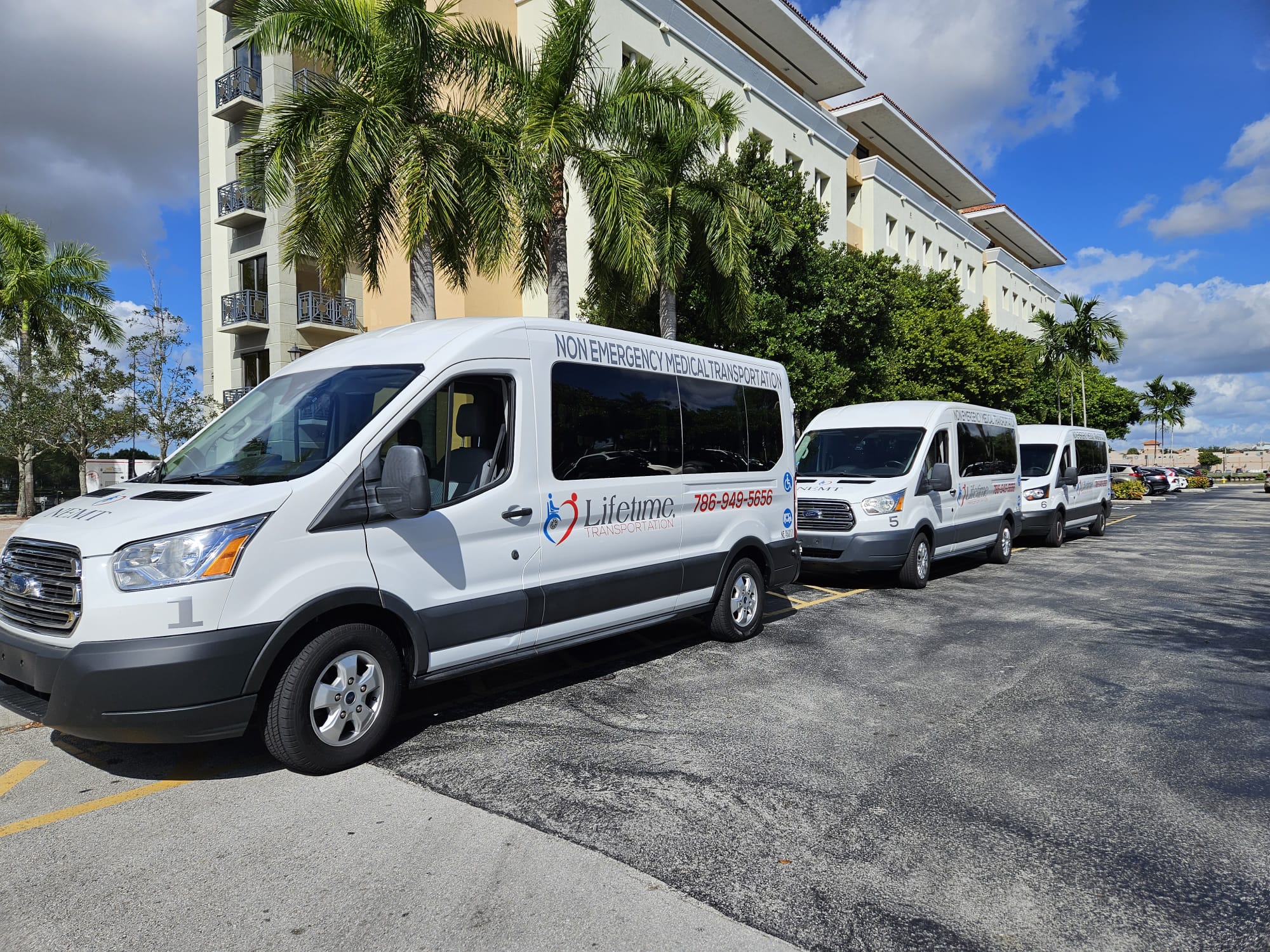Easily Accessible and Affordable Medical Transportation Options for Seamless Wellness Assistance
In the realm of healthcare, the accessibility and affordability of clinical transportation are extremely important in making sure individuals can access the treatment they need when they require it. The ability to flawlessly navigate transport options can significantly affect a person's capability to obtain prompt medical focus, follow-up care, and total well-being. From non-emergency medical transport solutions to innovative remedies like telehealth, the landscape of medical transportation is evolving to satisfy the diverse needs of clients. Taking into consideration the significance of this facet in health care delivery, discovering the array of choices readily available becomes vital for resolving voids in ease of access and cost.
Non-Emergency Medical Transport Solutions

These services are staffed by skilled specialists that focus on patient comfort and safety and security during transit. Chauffeurs are geared up to manage people with differing medical requirements and make sure that all trips are smooth and worry-free - Medical Transportation Services Near Me. Additionally, non-emergency medical transportation services frequently use specific cars that are wheelchair-accessible, making them appropriate for a wide variety of clients with different mobility requirements
Volunteer Driver Programs
Volunteer driver programs are critical in supplying transport support for individuals in demand of non-urgent treatment. These programs rely upon the kindness of volunteers who donate their time and vehicles to aid transport clients to and from clinical visits. By utilizing volunteer drivers, companies can provide an affordable service for individuals who might not have access to dependable transport.
Among the key benefits of volunteer chauffeur programs is the customized care and interest that individuals obtain. Unlike typical transportation solutions, volunteer motorists frequently develop a relationship with the people they help, developing a thoughtful and supportive setting during what can be a demanding time. Furthermore, volunteer vehicle driver programs can assist link the space for people residing in rural or underserved locations where public transportation alternatives may be restricted.
Public Transport Options

Among the key benefits of public transport is its extensive schedule in urban and rural locations alike. This extensive network enables individuals from varied backgrounds to travel to clinical consultations with relative simplicity. In addition, public transportation systems are typically outfitted to fit individuals with specials needs, providing available traveling alternatives for those with flexibility challenges.

Ride-Sharing and Transportation Network Firms
The development of contemporary transport alternatives for clinical objectives expands beyond standard public systems like trains and buses to include the cutting-edge world of ride-sharing and transport network business. Ride-sharing services such as Uber and Lyft have transformed the way people travel to clinical consultations, supplying ease and adaptability to individuals that may not have access to their cars or conventional public transport. These systems permit individuals to ask for an experience with the touch of a switch on their mobile phones, giving door-to-door service that can be especially valuable for people with wheelchair difficulties or those needing assistance.
Transportation network companies (TNCs) have actually likewise played a significant duty in bridging the void in clinical transportation solutions. Business like Veyo and RoundTrip specialize in non-emergency clinical transportation, accommodating individuals who require a higher degree helpful during their trips to clinical centers. By partnering with healthcare service providers and insurers, TNCs make certain that clients can access trusted and timely transport services, inevitably contributing to enhanced health results and client satisfaction.
Telehealth and Online Appointments
Enhancing health care ease of access navigate to this site and comfort, telehealth and online assessments have emerged as pivotal components in modern clinical techniques, reinventing the means individuals communicate with healthcare companies. This method not only saves time and lowers transport expenses for patients but also boosts the general effectiveness of healthcare distribution.
In addition, telehealth plays a critical duty in prolonging medical solutions navigate to this site to underserved neighborhoods, backwoods, and individuals with limited mobility. By damaging down geographical barriers and increasing medical care outreach, telehealth promotes very early intervention, continuity of treatment, and client engagement. As modern technology continues to advance, telehealth is positioned to play a progressively considerable duty in forming the future of health care distribution, promoting improved health and wellness end results and individual fulfillment.
Conclusion

From non-emergency medical transport services to ingenious solutions like telehealth, the landscape of clinical transportation is developing to satisfy the varied needs of individuals.Non-Emergency Medical Transportation Solutions facilitate the secure and prompt transport of individuals calling for non-urgent clinical treatment to and from health care facilities.The development of modern transport options for clinical purposes prolongs past conventional public systems like trains and buses to encompass the cutting-edge world of ride-sharing and transportation network business.Transport network companies (TNCs) have additionally played a significant function in bridging the space in clinical transportation services. Non-Emergency Medical Transportation Providers, Volunteer Driver Programs, Public Transportation Options, Ride-Sharing and Transportation Network website here Firms, and Telehealth and Virtual Consultations all play a critical role in attending to transport obstacles to healthcare gain access to.